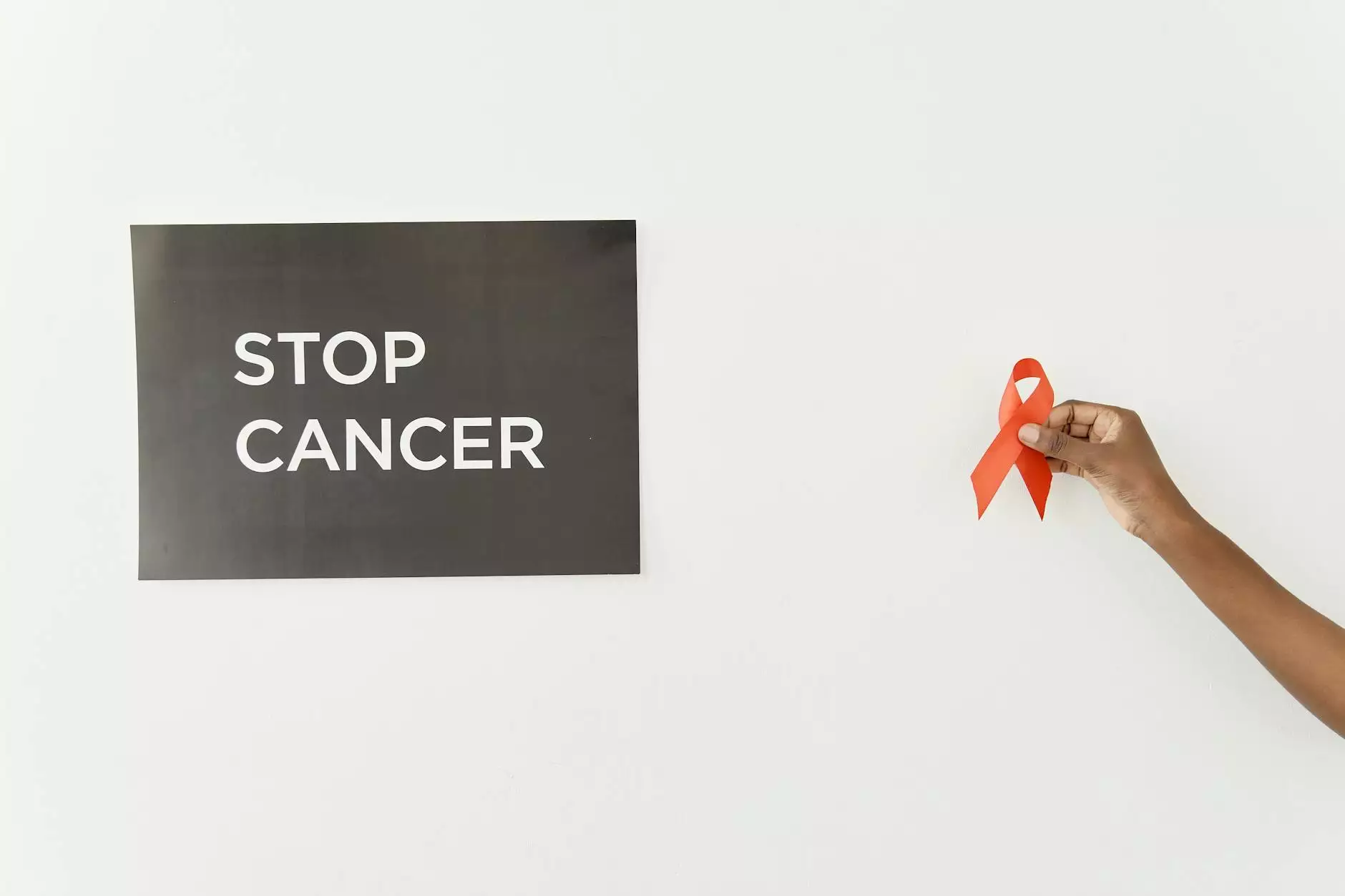Understanding the Importance of Pharmacy and Addiction Medicine

In today's complex healthcare environment, the significance of pharmacy and addiction medicine cannot be overstated. These sectors play a crucial role in the prevention, management, and treatment of various health conditions, particularly those related to substance use and mental health.
The Role of Pharmacy in Healthcare
Pharmacies are more than just retailers of medications; they serve as a pivotal component of the healthcare delivery system. Every day, patients rely on pharmacies not just for prescriptions but also for counsel on medications and health management. Here’s what you need to know about their importance:
- Access to Medications: Pharmacies ensure that patients have access to necessary prescriptions while providing cost-effective solutions for obtaining these medications.
- Medication Management: Pharmacists are experts in medication management and play a vital role in educating patients about the correct usage and potential side effects of their medications.
- Health Screenings: Many pharmacies offer health screenings and vaccination services, expanding their role in preventative healthcare.
Importance of Addiction Medicine
Addiction medicine is a specialized field focused on treating individuals facing challenges with substance use disorders. The goal is not only to alleviate symptoms but also to support long-term recovery. Here are some critical aspects of addiction medicine:
Understanding Substance Use Disorders
Substance use disorders (SUDs) are complex conditions that can severely affect an individual's life. These disorders require a comprehensive treatment approach that often involves medications, behavioral therapies, and support systems. In this context, providers like https://alprazolam-xanax.com can offer resources and treatment options that are vital for recovery.
Types of Treatments Available
Addiction medicine includes various treatment modalities, which can be customized to fit the needs of the patient. Some of these include:
- Medications: Certain medications are prescribed to manage withdrawal symptoms and cravings, making it easier for patients to focus on recovery.
- Therapeutic Interventions: Cognitive-behavioral therapy (CBT), motivational interviewing, and contingency management are effective approaches within addiction treatment.
- Support Networks: Establishing a robust network of support is essential. Programs like Alcoholics Anonymous and Narcotics Anonymous provide community and accountability.
Collaboration Between Pharmacy and Addiction Medicine
The integration of pharmacy services with addiction medicine is pivotal for effective patient care. Pharmacists are uniquely positioned to support individuals undergoing treatment for addiction. Their extensive knowledge of medications can significantly influence patient outcomes.
Pharmacists as Educators
Pharmacists can educate patients about the risks of medications that may have addictive properties, such as benzodiazepines, pain relievers, and stimulants. They can help create a medication plan that minimizes potential abuse while effectively managing legitimate health needs.
Monitoring and Review
Regular medication reviews conducted by pharmacists can help identify any problematic patterns related to substance use. This proactive approach is vital to ensuring adherence to treatment plans and making necessary adjustments to medications.
Challenges in Pharmacy and Addiction Medicine
Despite their critical roles, both pharmacy and addiction medicine face numerous challenges:
- Stigma: The stigma associated with addiction can prevent individuals from seeking help, making the role of health professionals even more crucial.
- Access to Care: There can be obstacles related to access to mental health services and addiction treatment, which pharmacy services can help mitigate.
- Cost of Treatment: Affordability remains a significant barrier for many seeking help, highlighting the need for cost-effective services and insurance coverage.
Future Directions in Pharmacy and Addiction Medicine
As the landscape of healthcare continues to evolve, the synergy between pharmacy and addiction medicine is critical for future advancements. Innovative approaches and enhanced collaboration among healthcare providers can lead to improved patient outcomes.
Telehealth Services
Telehealth has emerged as a valuable tool in both pharmacy and addiction medicine. It enables patients to access healthcare services remotely, reducing barriers to care. Pharmacists and addiction specialists can provide counseling and support regardless of geographic limitations, offering a lifeline to those in need.
Continued Education and Training
Healthcare professionals need to stay updated on best practices in both pharmacy and addiction medicine. Continued education ensures that providers maintain competency in prescribing practices, addiction treatment, and patient communication.
Conclusion
The intersection of pharmacy and addiction medicine offers significant opportunities for improving patient care and promoting recovery. As resources like https://alprazolam-xanax.com demonstrate, collaboration and innovative solutions can enhance treatment options, making recovery more accessible to those suffering from substance use disorders. By understanding the roles of pharmacy and addiction medicine, we can work towards a healthier future for all individuals battling addiction.









